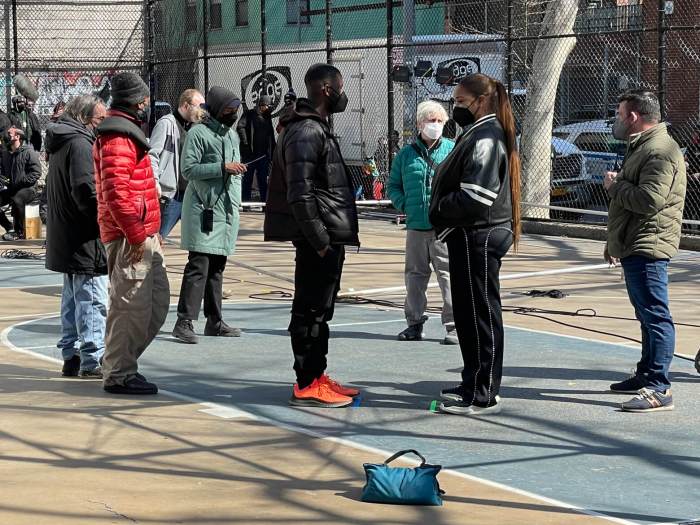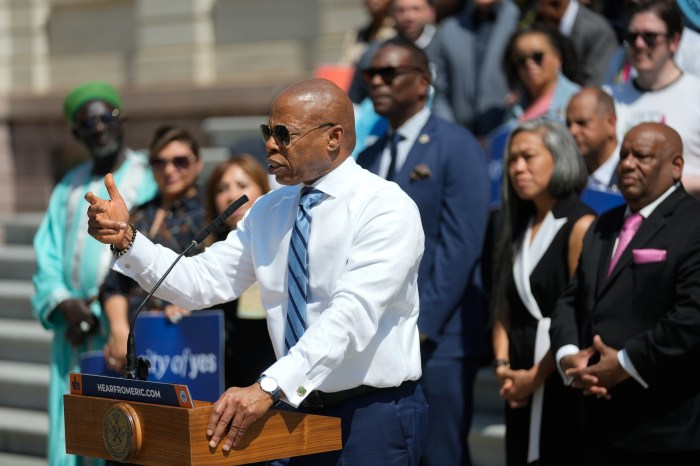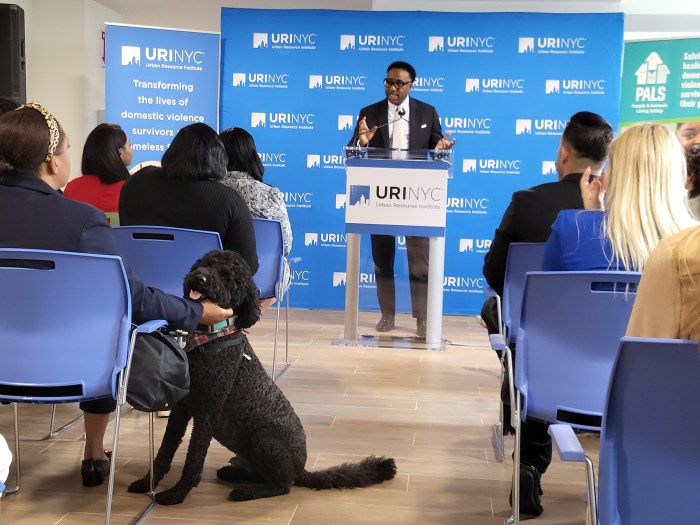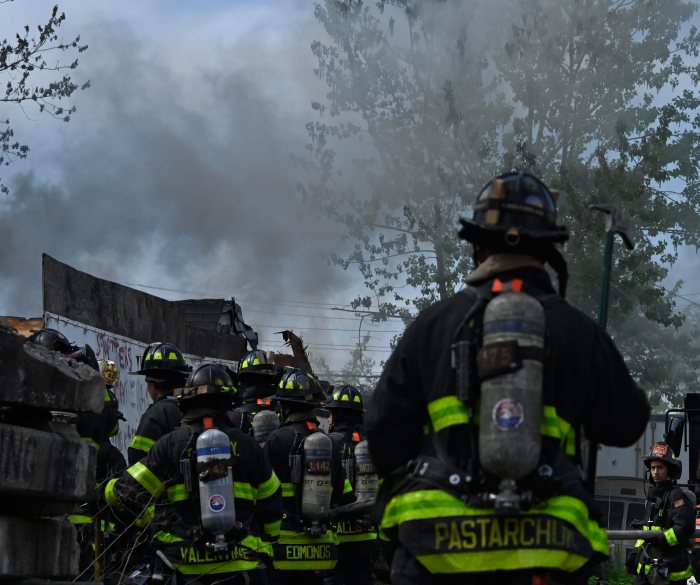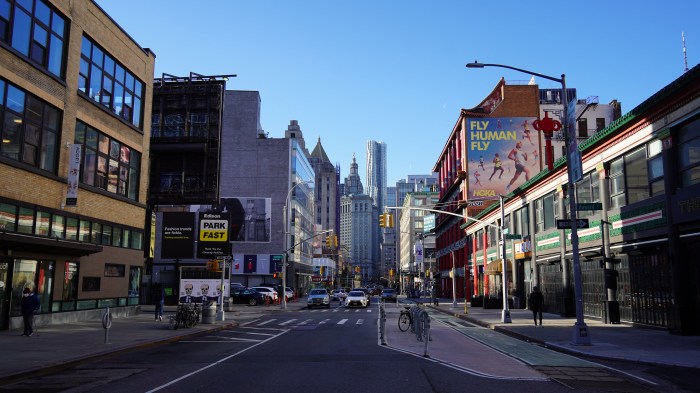Harlem is not the same.
Even though 43-year incumbent Rep. Charles Rangel, D-New York, ultimately won after going punch for punch with New York state Sen. Adriano Espaillat, his “safe” seat is safe no longer. The battle was bloody at times, with most of the blows felt by an already racially charged congressional district that may be a sign of similar political battles to come.
Some useful facts: Harlem is the cultural, emotional and intellectual capital of Black USA. It is the venerated cradle of black identity, creative output and thriving lives.
It is also no longer a homogenous or geographically encased community.
Its congressional district now stretches to the southern Bronx, across a slim river that may as well mark the boundary of a different time zone.
And there’s the rub.
The South Bronx has been a stronghold for generations of Latinos – largely Puerto Ricans and Dominicans – who settled there decades ago. With the inclusion of this territory in the redrawn district, residents have been left to align themselves mostly along ethnic lines.
Longtime supporters of Rangel have not really known any other representative, and he is as much a Harlem institution as the Apollo Theater.
Additionally, he’s really habit-forming. After 23 elections, many locals couldn’t bring themselves to make a different choice.
For his part, Espaillat has used the last two primaries to remind Latino voters, often not very subtly, that Rangel does not have a strong record of advocating on their behalf and implying that he cannot understand their needs and priorities.
In any other political cycle, this type of tinged banter would be unremarkable. But during the presidency of the first black president (who did not endorse Rangel), when Latinos make up 16 percent of the country, and Dominicans passed the 1 million mark, it has the potential to start a conflict of political and racial proportions. That is, if voters choose that path.
In the alternative, black and Latino voters can scrape away all the usual political gaming typical of New York City campaigns and hold candidates to a higher standard. They can choose to rewrite the rules for representing a vibrant, growing and engaged voter pool that also happens to forecast what the next two decades (at least) of political rebranding will look like across the country.
There are three clear challenges here that must be met with equal measures of foresight, dignity and resolve.
First, Rangel must make good on his promise not to run again, even if, at 84, he has the zeal of a man 50 years younger.
Second, Espaillat, if he still wants Rangel’s job, must humbly appeal for the votes of everyone in this historic district.
Last, voters must own up to their responsibility to choose the best candidate, and not allow themselves to be divided by race or ethnicity.
The stakes are high, and so must be the expectations.
Juleyka Lantigua-Williams is a Dominican-American and a former Washington Heights resident. She wrote this for Progressive Media Project, a source of liberal commentary on domestic and international issues; it is affiliated with The Progressive magazine.











